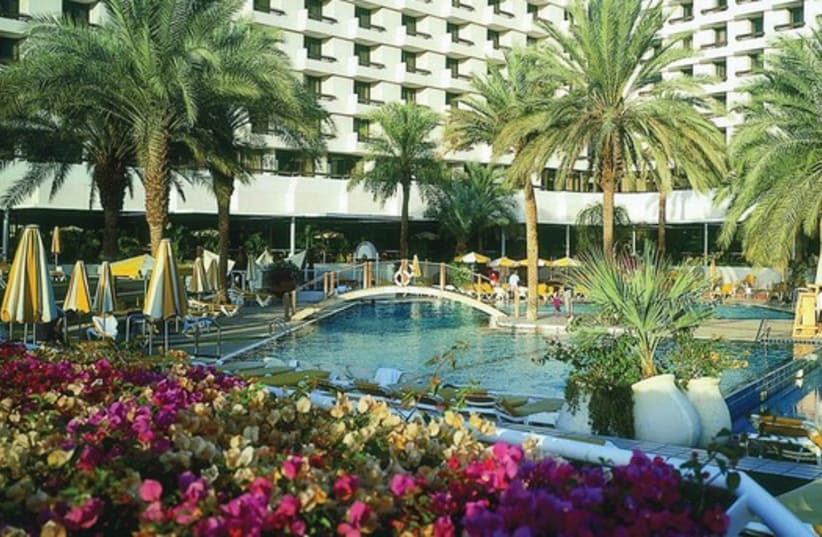After Isrotel reported excellent quarterly results last week and announced large dividends for its shareholders, the company will be expected to return subsidies it received from the government, Finance Minister Avigdor Liberman said Monday.
The board of directors of Isrotel, one of the country’s largest hotel chains, was reportedly preparing to meet Monday night to discuss canceling the dividend following a public outcry, journalist Keren Marciano tweeted. However, returning government subsidies would not be considered, she wrote.
“It is clear that it is not reasonable that companies that report high earnings and distribute dividends also receive government subsidies,” Liberman said at a press conference Monday ahead of his presenting the budget to the Knesset. “We expect that they will return the grants they received from us without us asking for it.”
Last week, Isrotel reported an impressive net profit of NIS 78.1 million for the second quarter of 2021, on revenues of NIS 450.8 million. Those numbers, among the company’s best ever, highlighted Isrotel’s sharp turnaround from the previous year, when the COVID-19 pandemic brought the tourism business to a standstill. In the months April through June a year ago, Isrotel lost NIS 26.8m.
Celebrating the turnaround, Isrotel declared a NIS 25m. dividend for its shareholders. However, that announcement was too much for some people.
Isrotel, like the rest of Israel’s hotel industry, received significant benefits from the government during the coronavirus crisis. Last June, the Finance and Tourism ministries approved a NIS 300m. aid package for the hotels to help them weather the worst period the sector had ever experienced.
In the past year, Isrotel, which owns and operates about 20 hotels, received a NIS 12m. government grant, an additional NIS 15m. package for bringing employees back from unpaid leave, and a NIS 9m. exemption from property taxes. That adds up to benefits worth NIS 36m. subsidized by taxpayers since the beginning of the outbreak.
Combine that with the fact that Israel’s hotels have been packed this summer with Israelis who, unable or unwilling to vacation abroad due to coronavirus restrictions, were effectively a captive audience. Extraordinarily high demand led hotel prices to rise by an average of 10%-15%, with guests packed tightly and reports of poor service abounding.
Now, after posting such stellar quarterly results, many are demanding that the hotel chain return the government benefits it received before it rewards its owners.
In interviews with the Hebrew press, Isrotel CEO Lior Raviv defended the benefits the company received, noting that Isrotel, like other hotels, was bleeding money and customers at the time. Even with the grants, Isrotel lost tens of millions of shekels to the pandemic, he said.
Calls from The Jerusalem Post to Raviv’s office were not answered, and a message sent did not receive a response by press time Monday.
With hotels in Israel packed during July and August, and prices at record highs, the hotel sector is expected to show even further growth in the coming quarter.

